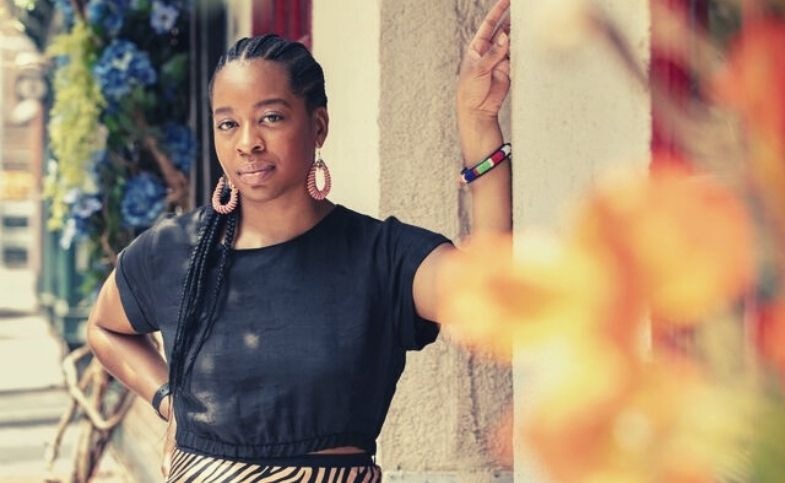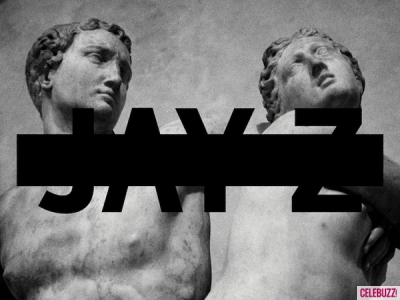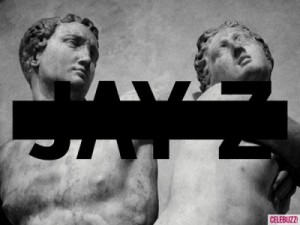Review by Angel Fraden
The twelfth studio album by critically acclaimed rapper and producer Jay-Z is a brazen display of obscenely grandiose proportions. Following both Yeezus and Watch The Throne, the material concocted for Magna Carta Holy Grail is at the helms of Jay-Z’s collaborative work with Kanye West. Most notably in “Crown” (whose production work is credited to a 16 year-old female beat maker from Ontario), the bombastic, animalistic melodies, bass-heavy soundscape, and Jay-Z’s own lyrics—“You in the presence of a king/ Scratch that, you in the presence of a God”— all lend themselves to a close correspondence between the two recent, hyped-out releases. The Internet trend of trap music is embellished and electronic expressions are seamlessly embedded with more classical interpretations of hip hop.
In this way Jay-Z is able to irrefutably singularize himself from his controversial, loud-mouthed contemporary. The album is notable for its impressive guest appearances, Jay-Z curating a massive soundscape that highlights the talents of Justin Timberlake, Rick Ross, Pharell, Beyoncé, Frank Ocean, Swizz Beatz, Timbaland and Nas. But after the first few spins, it’s easier to listen past the brilliant marketing techniques and the star-studded credits in the liner notes. It starts to sound a bit more personal, like a friendly reminder from our favorite, neighborhood hip hop superstar: “I’m the nigga.”
“Picasso Baby” is a dirty, polished-to-perfection, electro-funk crusade. Divided in two emotionally disparate parts and graced with ethereal, uncredited vocals from Beyoncé, the tracks sets the tone for what is an unprecedented, revolutionary record. The following track, “Tom Ford”, delves into lucid synth, warbling trap configurations, and a gratuitous melody sample from M.I.A.’s “Bad Girls.” On “FuckWithMeYouKnowIGotIt” featuring Rick Ross, the beats become darker, murkier, yet somehow more turbulent and effective. The change of pace gives way to “Oceans”, an irrefutable triple threat (Mr. Carter, Pharell and Frank Ocean) whose lyrical and cinematic musicality clearly exhibit the track as among the most impressive and affecting. “Somewherinamerica” sounds like runoff material from Jay-Z’s work on Baz Luhrman’s film score for The Great Gatsby: sloppy, sensual brass against poignant piano trills and a plethora of lyrical anachronisms.
The remainder of Magna Carta Holy Grail, save for two exceptions, is comparatively stagnant and unimpressive. The thrilling experience of discovering the first six or so tracks is replaced with a hollow satisfaction, which eventually gives way to an uncomfortable kind of boredom. “Part II (On The Run)” featuring vocals from his spouse Beyoncé develops into a sincere, heart-felt ballad that is successful only because of its genuine intimacy. The massive collaborative effort on “BBC” is another obvious standout on the last half of the record. Unfortunately, the beat comes off as disorienting, distractingly shifty, and ephemeral that does little to distinguish guest artists Timberlake, Beyoncé, Swizz, and Nas. The record as a whole might be remembered more for its daring experimentalism than for its guest artists. Magna Carta Holy Grail is a confusing synthesis of disparate expressions, possibly representing the current crossroads in music trends and genres that are now more likely to intersect. But first and foremost, this is a Jay-Z album. And it does little to disappoint.













